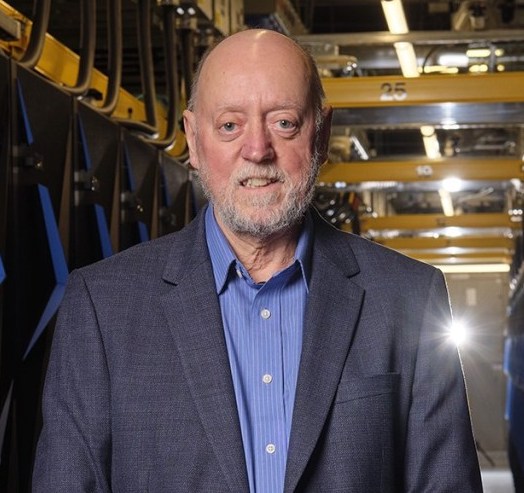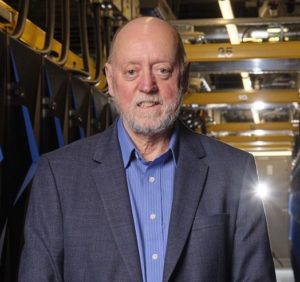In this video from ATPESC 2019, Jack Dongarra from UT Knoxville presents: Adaptive Linear Solvers and Eigensolvers.
Success in large-scale scientific computations often depends on algorithm design. Even the fastest machine may prove to be inadequate if insufficient attention is paid to the way in which the computation is organized. We have used several problems from computational physics to illustrate the importance of good algorithms, and we offer some very general principles for designing algorithms. Two subthemes are, first, the strong connection between the algorithm and the architecture of the target machine; and second, the importance of non-numerical methods in scientific computations.
Jack Dongarra specializes in numerical algorithms in linear algebra, parallel computing, the use of advanced-computer architectures, programming methodology, and tools for parallel computers. His research includes the development, testing and documentation of high quality mathematical software. He has contributed to the design and implementation of the following open source software packages and systems: EISPACK, LINPACK, the BLAS, LAPACK, ScaLAPACK, Netlib, PVM, MPI, NetSolve, Top500, ATLAS, and PAPI. He has published approximately 200 articles, papers, reports and technical memoranda and he is coauthor of several books. He was awarded the IEEE Sid Fernbach Award in 2004 for his contributions in the application of high performance computers using innovative approaches; in 2008 he was the recipient of the first IEEE Medal of Excellence in Scalable Computing; in 2010 he was the first recipient of the SIAM Special Interest Group on Supercomputing’s award for Career Achievement; in 2011 he was the recipient of the IEEE IPDPS 2011 Charles Babbage Award, and in 2013 he was the recipient of the ACM/IEEE Ken Kennedy Award for his leadership in designing and promoting standards for mathematical software used to solve numerical problems common to high performance computing. He is a Fellow of the AAAS, ACM, IEEE, and SIAM and a member of the National Academy of Engineering.





